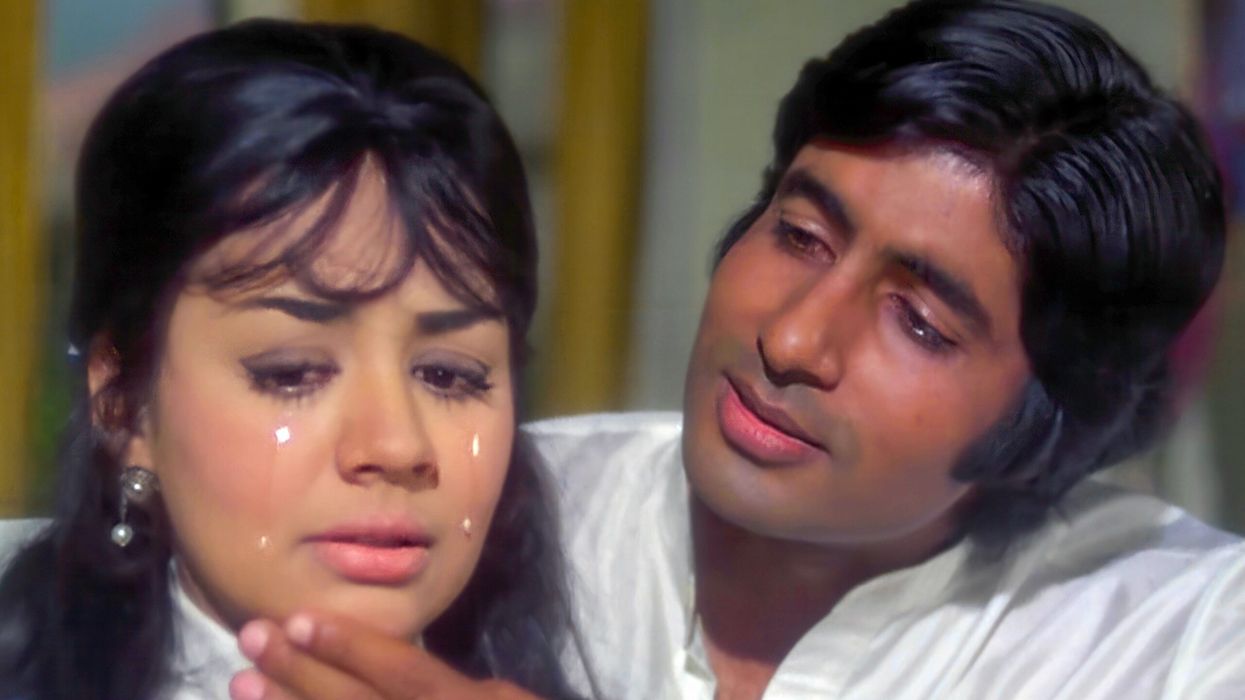Newly published novel 'An Unlasting Home' is a powerful story about freedom of speech, the political development of the Arab region and female Middle Eastern identity.
Eastern Eye got the award-winning Kuwait born writer and academic to select 10 books she loves.
The Diary of Anaïs Nin, Volume One, 1931-1934 by Anaïs Nin: I read this when I was 14, and it cracked open a world of possibility and adventure for me. It gave me a sense of writing as a vocation, of something to commit one’s life to. Nin was way ahead of her time, given the immense popularity of autofiction today.
One Hundred Years of Solitude by Gabriel García Márquez: Whenever I read the opening line of this novel, I am seduced once again by the universe of the Buendías of Macondo, as eager as the first time to plunge right back in. My favourite line is uttered by the gypsy Melquíades: “Things have a life of their own…. It’s simply a matter of waking up their souls.”
The Castle by Franz Kafka: Any favourites list of mine will inevitably include something by Kafka. I am drawn to this one because I like its open, unfinished quality, which leaves ample room for the reader to wander the labyrinth. Kafka’s quirky humour and intense style draw me in and hold me captive, even if I’m not always sure why.
The Unconsoled by Kazuo Ishiguro: I think there is something of Kafka’s The Castle in this novel, my favourite of all Ishiguro’s glorious books. I am a patient reader, who enjoys being led astray, even frustrated, and this novel does that masterfully. If we are alive, we are one of the unconsoled, as the mysterious, dreamlike structure of this novel demonstrates.
Men in the Sun by Ghassan Kanafani: Everything by Kanafani is on my list. This stunning novella about three Palestinian men trying to make their way across the desert into Kuwait for work exposes the struggles and indignities Palestinians have had to face in search of justice. The complex narrative structure so powerfully conveys the plight of the characters.
Between the Acts by Virginia Woolf: Lately I’ve been drawn to the last novel Woolf wrote before her suicide because it speaks to the violence of the present. The novel captures a day in the life of an English village staging a pageant, on the brink of the Second World War. What persists despite war and the threat of annihilation is the vibrancy of language, community, and art.
A Suitable Boy by Vikram Seth: It has been 25 years since I read this exceedingly long novel, but I remember distinctly the feeling I had after finishing it: I wanted more. It is a kind of miracle in its sheer size, humour, and creation of a world we inhabit deeply, willingly, and with grateful delight. Such a rare reading experience.
The Lover by Marguerite Duras: There is a sparseness and fierceness in the language of this coming-of-age story of an adolescent French girl and her Chinese lover set in pre-war colonial Indochina that resonates with me. I don’t care one way or another that the novella is autobiographical. I’m more interested in the way it crystallises a specific moment in time – personal and political – animating and freezing that past in words.
An Unlasting Home by Mai Al-Nakib published by Saqi Books is available now










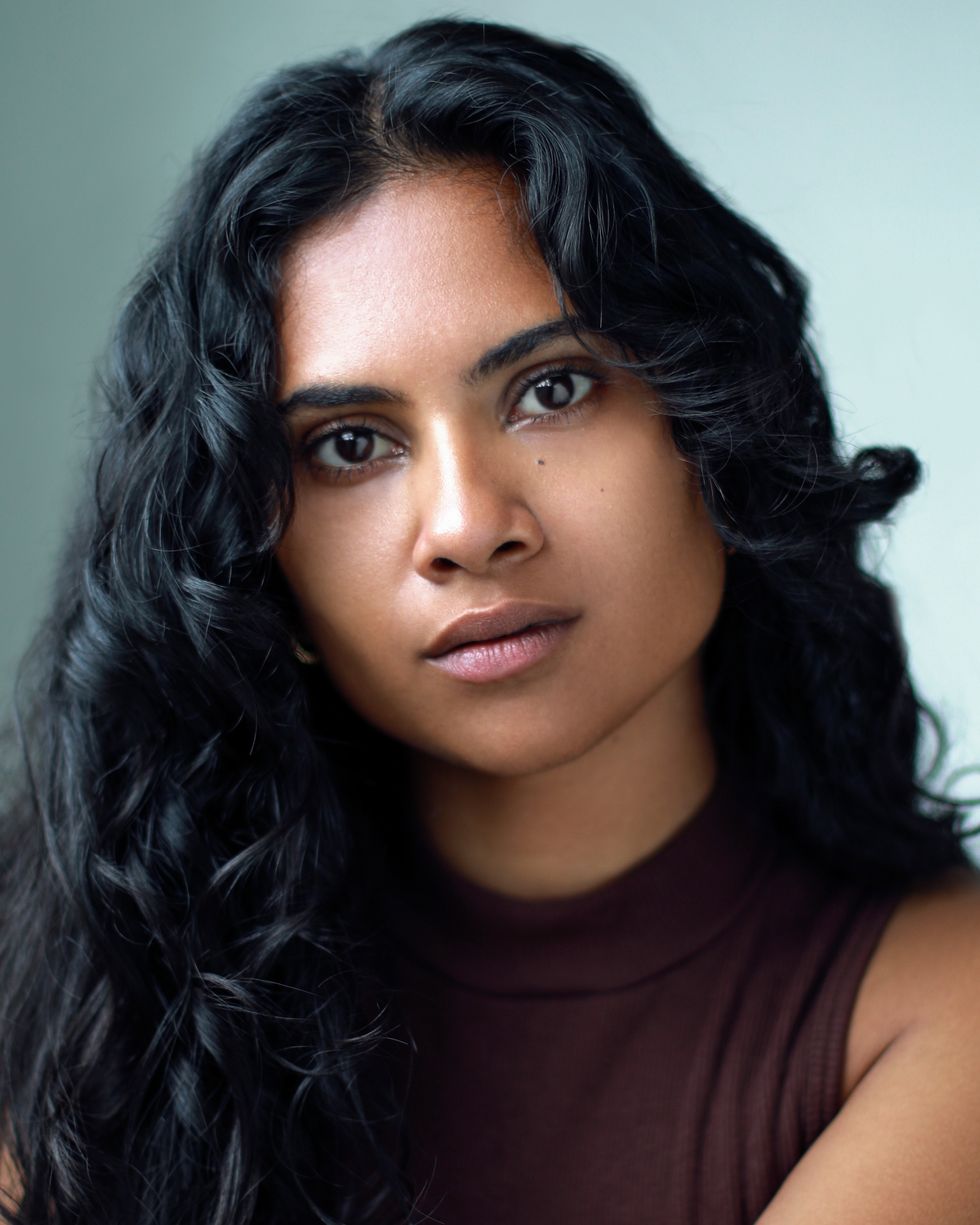 Neetika Knight
www.easterneye.biz
Neetika Knight
www.easterneye.biz












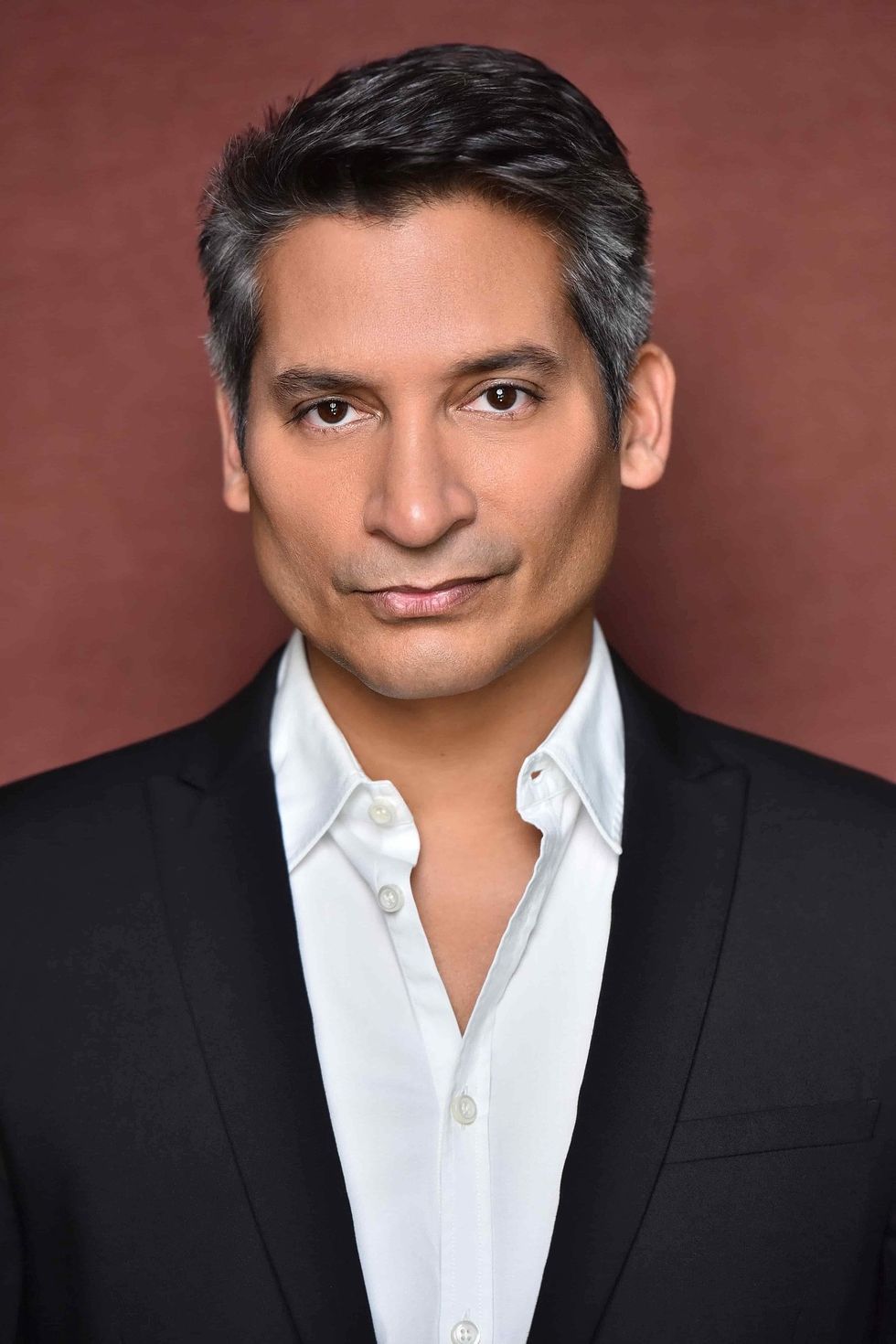 Raj Ghatak
Raj Ghatak
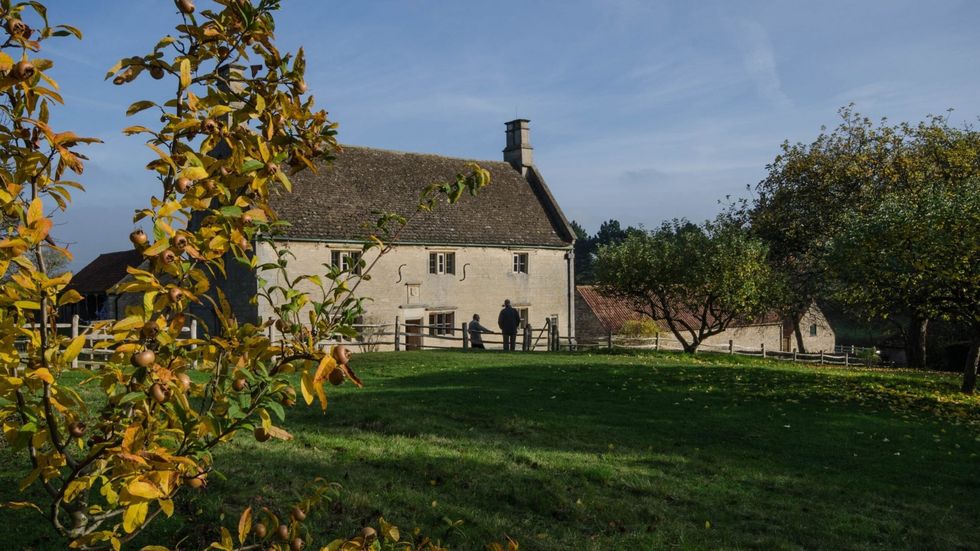 Isaac Newton’s birthplace, WoolsthorpeManor, Lincolnshire
Isaac Newton’s birthplace, WoolsthorpeManor, Lincolnshire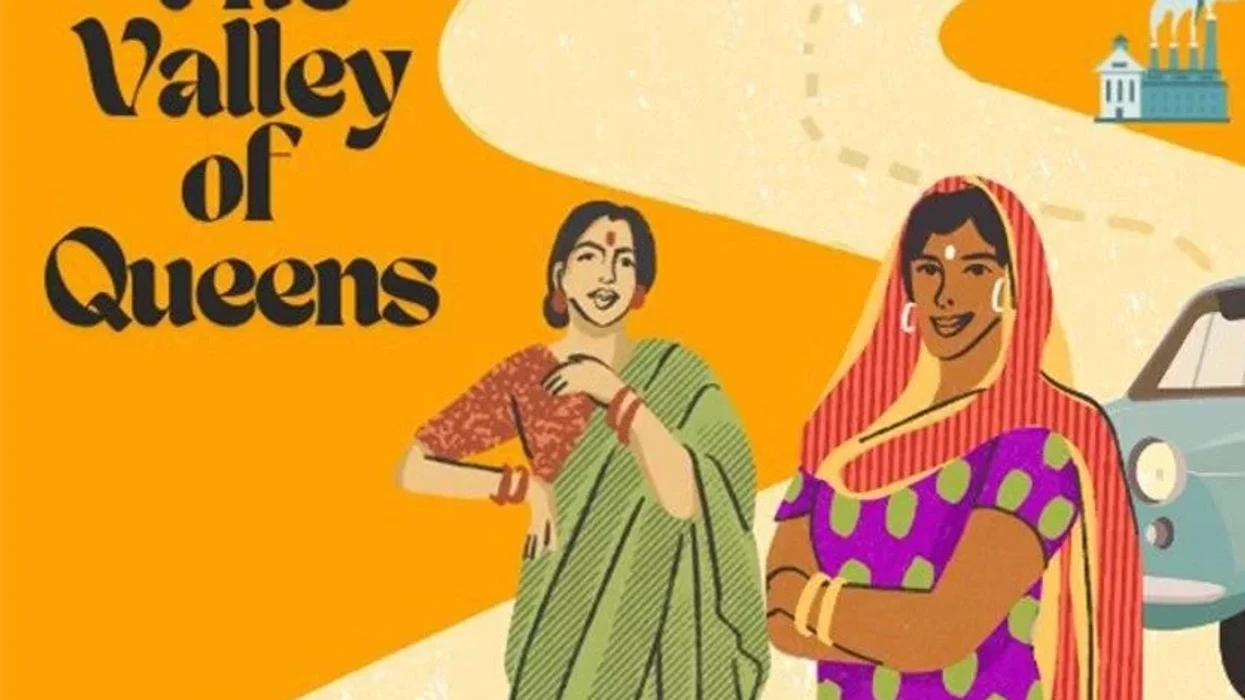
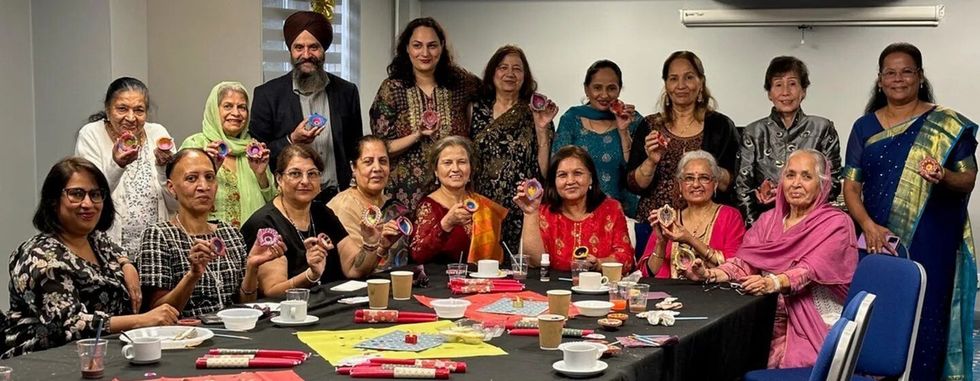 Women from the Happy Hour Project engaged in creative workshops
Women from the Happy Hour Project engaged in creative workshops